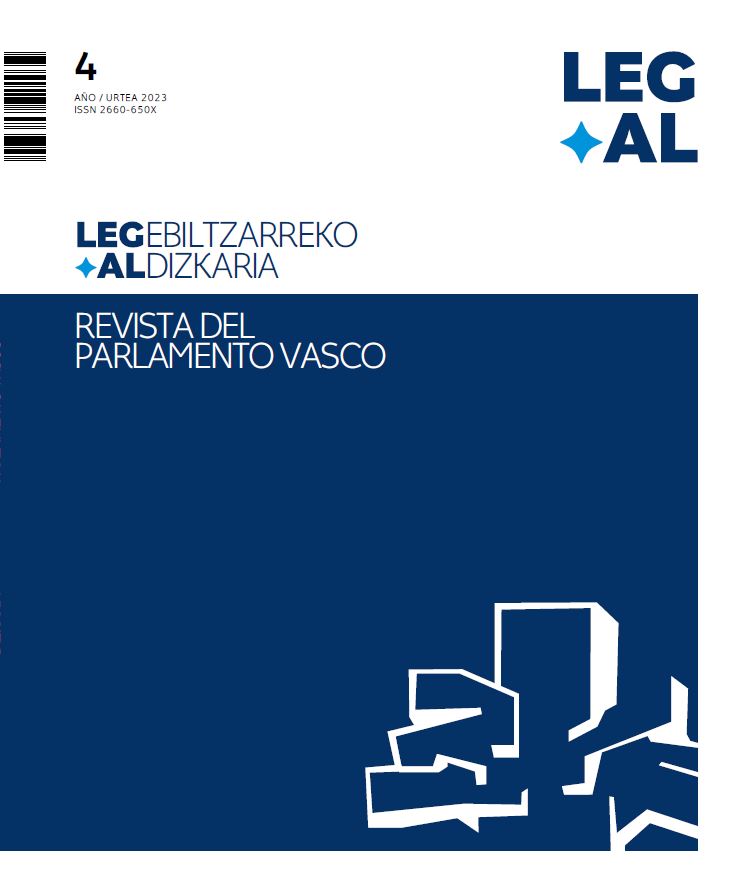Abstract
The legal provision (art. 108.8 LOREG) of the parliamentary oath or promise to abide by the Constitution poses two important dysfunctions. From a theoretical point of view, we find ourselves with a mandatory requirement to acquire the full status of parliamentarian and, consequently, exercise the functions and powers derived from the representative position.
From a practical point of view, the problem refers to the misguided or inappropriate use of the oath or promise by the elected deputies. The crux of the matter resides, more specifically, in the oath or promise formula used.
In this sense, it would be worth considering a double dilemma: the flexibility of said formula, under the protection of the ideological freedom of the elected representatives, or the elimination of this requirement, that would distort the representative relationship. In this regard, there is no doubt that the judgment that is the subject of comment has been a lost opportunity for our greatest constitutional interpreter to have ruled on the adaptability and viability of the challenged oaths to the legal-constitutional system, in order to subsequently analyze the possible repercussion of said oaths in the ius in officium of parliamentarians. It is true that the writ of protection remedy is intended to protect the rights of the appellants, but also what is the fact that constitutional jurisprudence has used this remedy to rule on the constitutional limits of some figures, as happened in STC 65/2022, of June 27, with the delegation of vote.

This work is licensed under a Creative Commons Attribution-NonCommercial-NoDerivatives 4.0 International License.
Copyright (c) 2023 Alberto Anguita Susi


